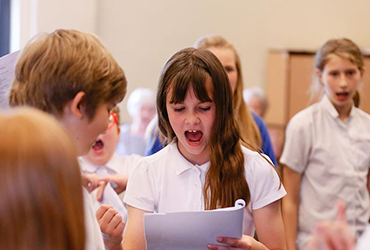
- September 10, 2019
Speaking Tips of Task 2: Personal Experience
For most people, this job is somewhat intimidating, as you need to tell a story or some past experience. And often, recalling a particular story for 30 seconds of your planning time might be a little frustrating.
So, In Speaking Task 2: Talking about a Personal Experience, you'll be asked to describe a life experience. Making up any of the specifics is perfectly appropriate, if you want to. You can pick one observation and try to include as many detailed information as you can.
It really doesn't matter what you're thinking about though. The point is, this story needs to be practical and relevant to the situation
Here are some tips and advice on how to get ready for this task. Besides, I would like to remind you that if you don't know what to answer you can imagine the story.
Make sure to use the past tense when you speak about past events, and use words and phrases that will help the listener keep track of the order of events.
1. Brainstorming of your ideas
The speaking Task 2 instructions can contain about three questions, and you can use these questions to brainstorm the key ideas of your answer. Doing this would ensure the tasks outlined in the instructions are accomplished in full.
2. An outline would be like:
Overview of the situation:
Imagine a scene or create an idea
Question 1
Question 2
Question 3
Conclusion/Resolution
It could be a great idea if you write a few topics, stories to read daily. It will help to brainstorm your ideas in the test.
Make sure to use timeline and time sequencer in the Celpip speaking task 2 of the Celpip test.
You can begin your story with:
I have (felt proud of myself/interacted with animals…
Six years ago I was …
It was…
We started …
First of all …
At first …
When I was 12 …
When this started/began…
When I was born, …
When I arrived …
We first met at when …
To start with …
The other day …
In the Year 2002, …
When I was 12, …
# hours/days/weeks/months/years ago …
Actions or Event
And then …
and …
Next …
Which means that …
After that …
Afterwards …
That caused …
Second/Third, etc.
Passing a longer period of time
Later …
A few/several days/hours passed
Hours/Days/Weeks went by
When we returned …
# hours/days/weeks later …
Conclusion
In the end
Lastly…
Finally …
That’s why I …
Overall …
As a result …
Due to that …
Because of this …
Thanks to this …
Closing
It was the most memorable day of my life.
I remember this like it was yesterday.
It was one of the best moments I have had.
I still remember it like it was yesterday

